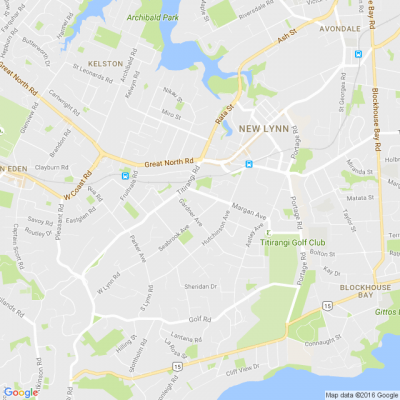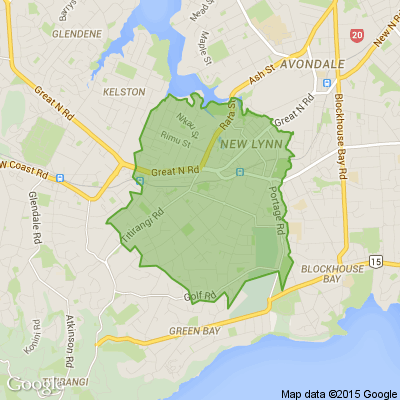How were healthcare workers infected with Covid-19 at work? The Ministry of Health doesn't know
More than 180 coronavirus cases were healthcare workers but the Ministry of Health doesn't know how they were infected. Doctors and nurses unions say this isn't good enough because being infected with a deadly virus is a health and safety issue.Twenty-four days ago, the Herald asked how many health workers were infected with Covid-19 at their place of work. Today, it provided figures that show 183, or 12 per cent, of all 1504 confirmed and probable cases were health workers.
But the Ministry couldn't say how they were infected - whether it was a patient or colleague - though acknowledged "the importance of understanding where and how people contracted Covid-19." "We continue to work to broaden our understanding and collate this information, so we can continue to keep New Zealanders safe," it said in a statement.
Resident Doctors' Association national secretary, Deborah Powell, said that the Ministry couldn't provide data on how healthcare workers were infected "simply isn't good enough". "We've failed them and we need to know why." One of the measures of success in fighting the virus should have been ensuring healthcare workers were protected and without the data that was impossible to gauge, said Powell. "I am incredibly disappointed that the data isn't available. "Not all of them would have contracted Covid in the workplace that's why not collecting that data is so difficult. Twelve per cent is a really high figure and we think we need to know more about this." Under the Health and Safety at Work Act workers are entitled to work in environments where health risks are properly controlled. Kerri Nuku, of the NZ Nursing Organisation, is disappointed the Ministry of Health can't say how healthcare workers were infected at work. The Nurses Organisation Kaiwhakahaere Kerri Nuku said employers had obligations to keep their staff safe and the "critical" data should be easily accessible so it could be learned from.
District Health Boards and the Ministry needed to know how frontline healthcare workers were infected in order to prevent it happening again.
"I'm just astounded actually to be quite honest. I guess I'm speechless because I'm disappointed. All along the catch cry has been 'Be safe, feel safe' and we've had to take comfort to that."Nuku said there was also "information missing" about how many healthcare workers needed to be stood down or go into isolation after coming into contact with a Covid-19 case. Both Powell and Nuku were also fuming at WorkSafe's refusal to investigate how seven nurses at Waitākere Hospital caught Covid-19 because Waitematā District Health Board had already reviewed what happened. The DHB's investigation only looked into three nurses' infections and was neither independent nor robust, Powell said. WorkSafe said its role as a health and safety regulator "generally doesn't involve investigating the spread of infectious disease". But it intended to conduct a review of the whole regulatory framework to "ensure the most appropriate agency intervenes when it comes to matters involving the public health sector". Director general of health Ashley Bloomfield said it surprised him the data on health workers' infections wasn't available as the Ministry had previously reported on healthcare workers who'd been infected in their workplace. On April 15, the Ministry found of 107 healthcare workers, 46 were infected by an exposure to a patient or colleague. But that information has ceased to be reported. Health Minister David Clark said he'd ask the Ministry for the latest figures and expected them to be "working very carefully through these details" and "learning lessons as they go". He was asked whether he thought it was a health and safety issue but did not respond to the question.
==========================================================
Poll: Is Auckland’s economy improving?
The latest reporting from The Post suggests a wave of optimism for 2026. With interest rates finally heading south, businesses are feeling more positive. But for many on the ground, the real-world recovery feels a bit like a slow-moving commute on Auckland's motorways.
We want to know: Are you seeing signs of Auckland's economy improving in your industry or neighbourhood? Whether it's busier shops, new projects kicking off, or just a shift in the mood ...

-
17.2% Yes
-
65.6% No
-
17.2% A little
Poll: If we want to reduce speeding, what do you think actually changes driver behaviour? 🛻🚨🚓
In the Post's article on speeding penalties, the question is asked whether speeding fines are truly about road safety, or are they just a way to boost revenue for the Crown?
What do you think? Should speeding motorists receive speeding fines or demerit points?

-
32.6% The sting of a fine (Money talks!)
-
67.4% The threat of demerit points (Nobody wants to lose their license!)
Some Choice News!
DOC is rolling out a new tool to help figure out what to tackle first when it comes to protecting our threatened species and the things putting them at risk.
Why does this matter? As Nikki Macdonald from The Post points out, we’re a country with around 4,400 threatened species. With limited time and funding, conservation has always meant making tough calls about what gets attention first.
For the first time, DOC has put real numbers around what it would take to do everything needed to properly safeguard our unique natural environment. The new BioInvest tool shows the scale of the challenge: 310,177 actions across 28,007 sites.
Now that we can see the full picture, it brings the big question into focus: how much do we, as Kiwis, truly value protecting nature — and what are we prepared to invest to make it happen?
We hope this brings a smile!








 Loading…
Loading…